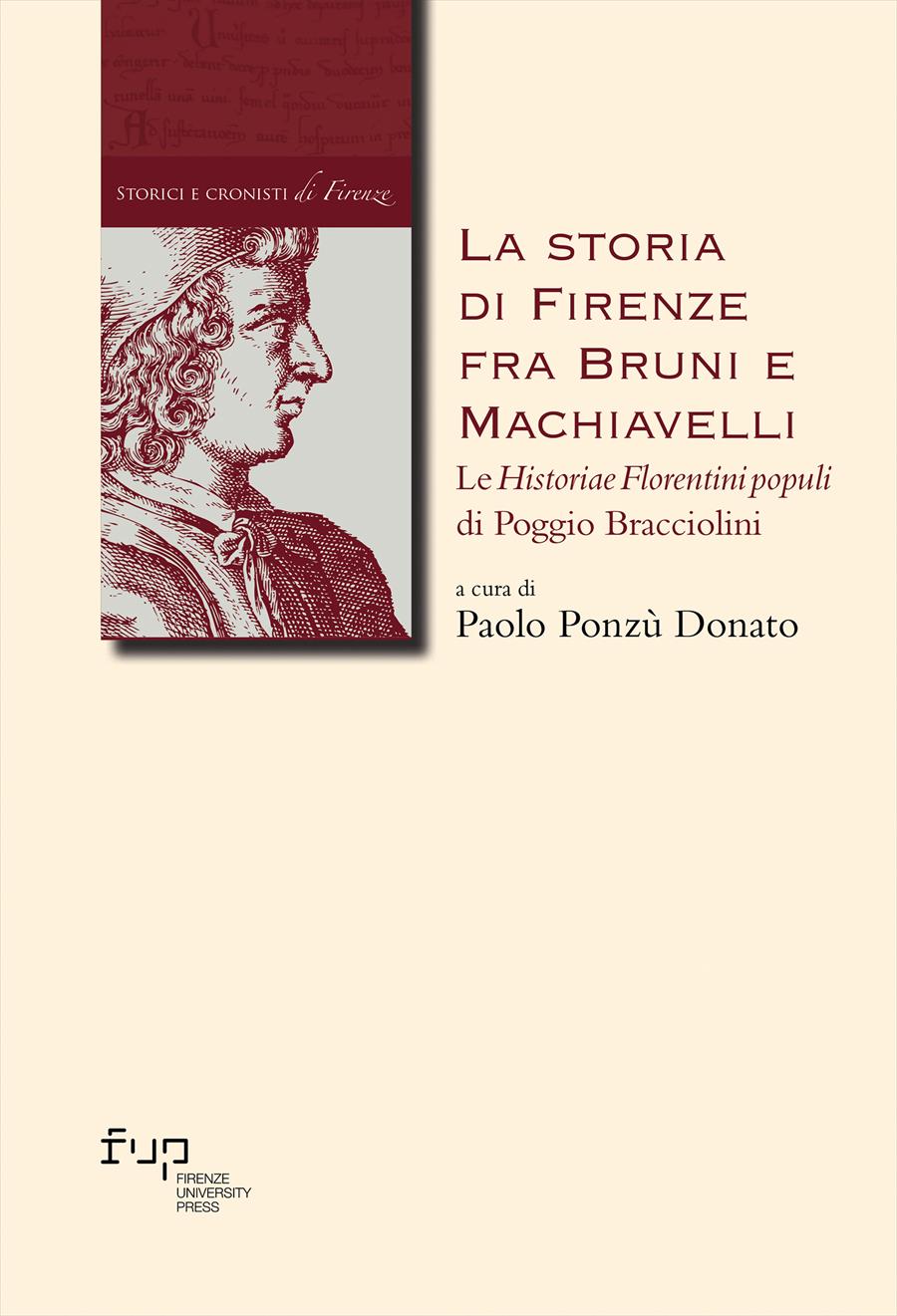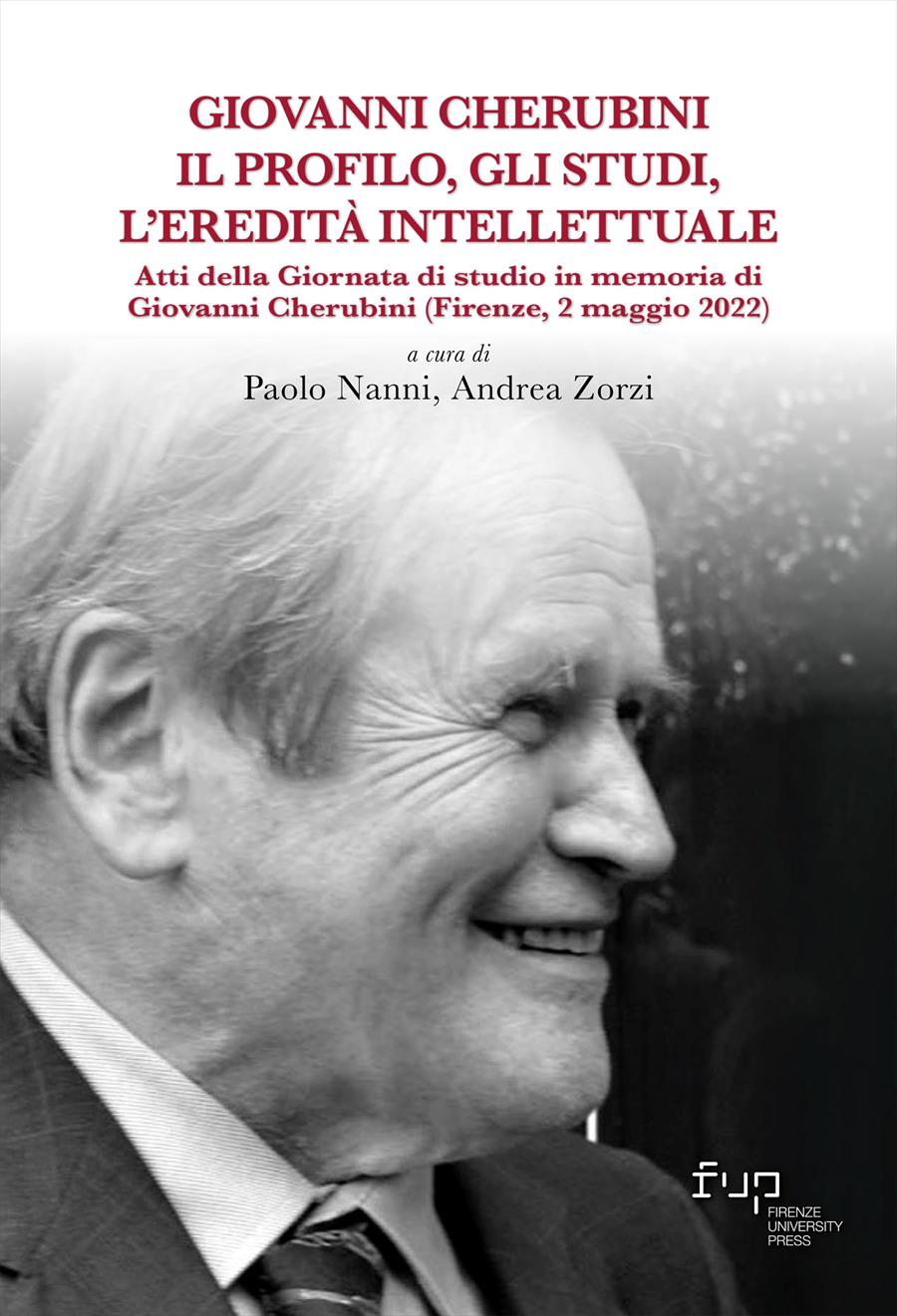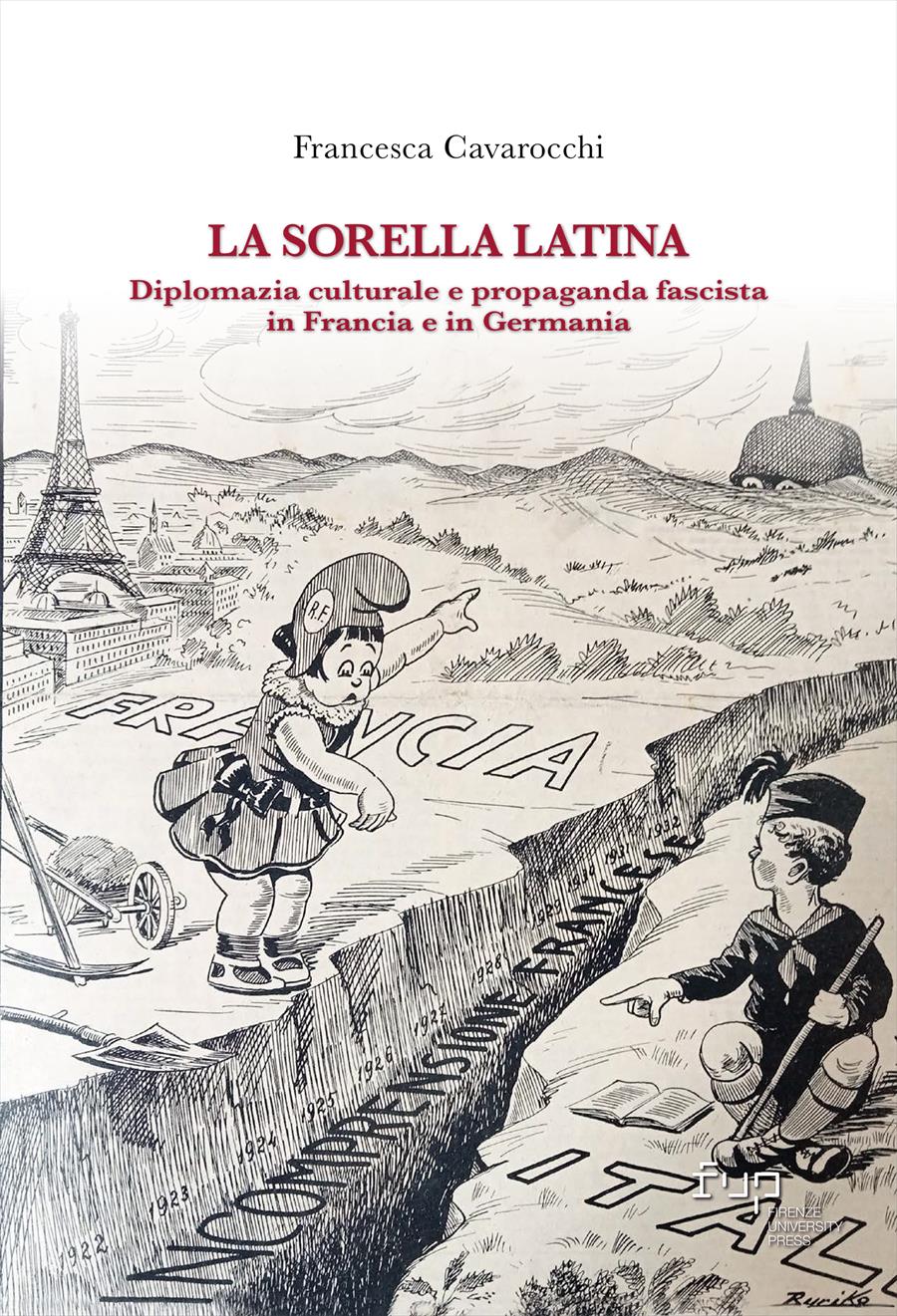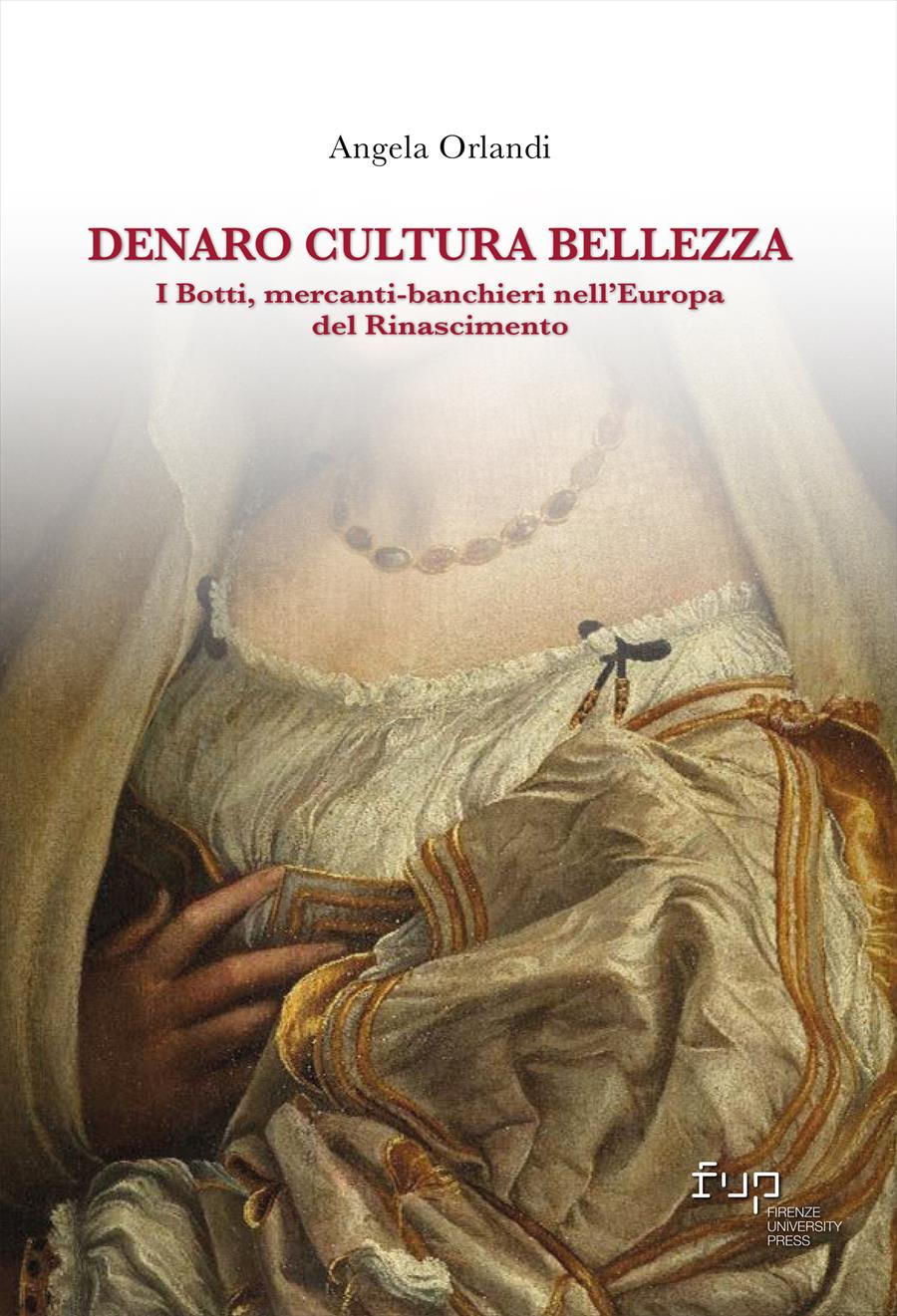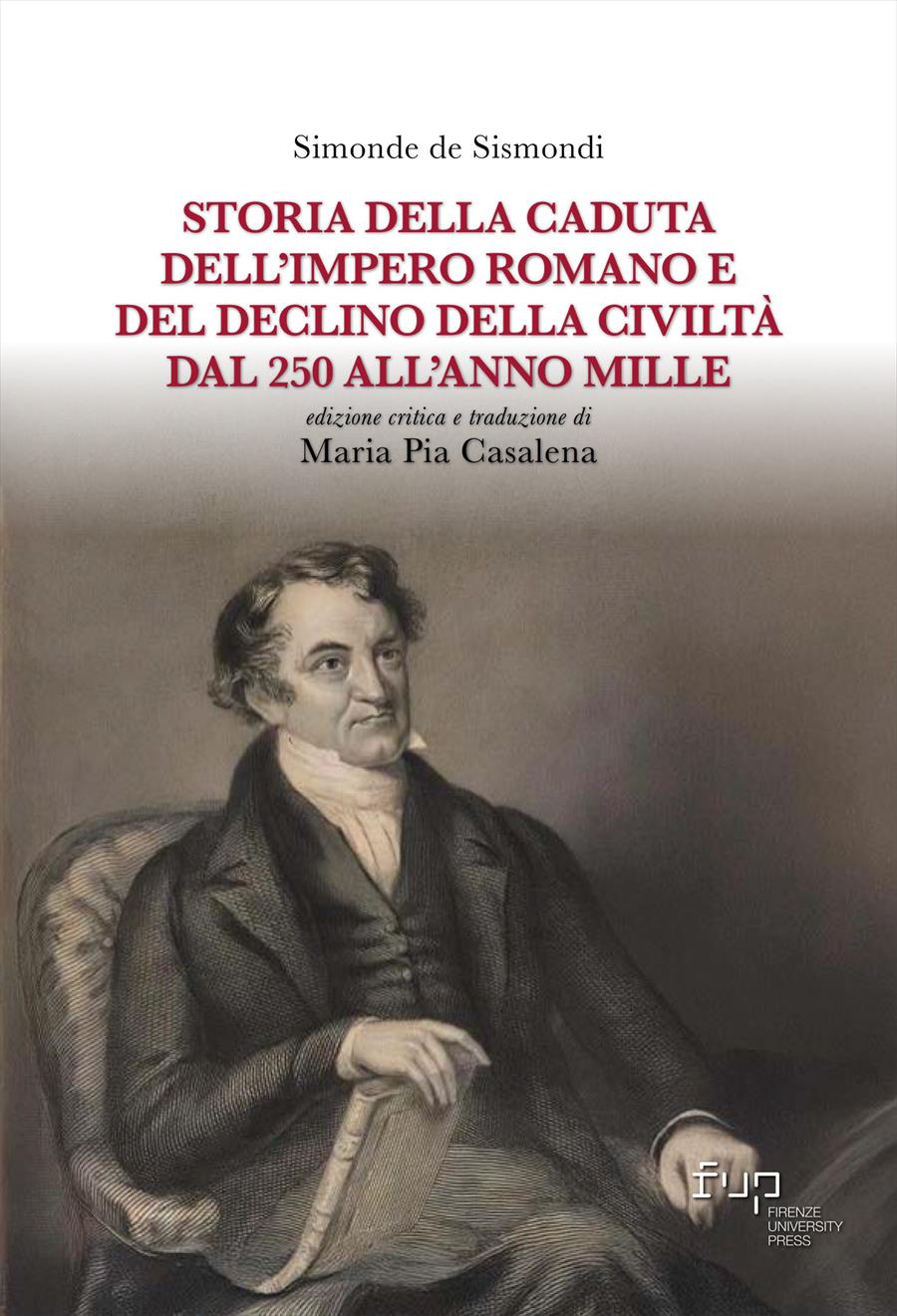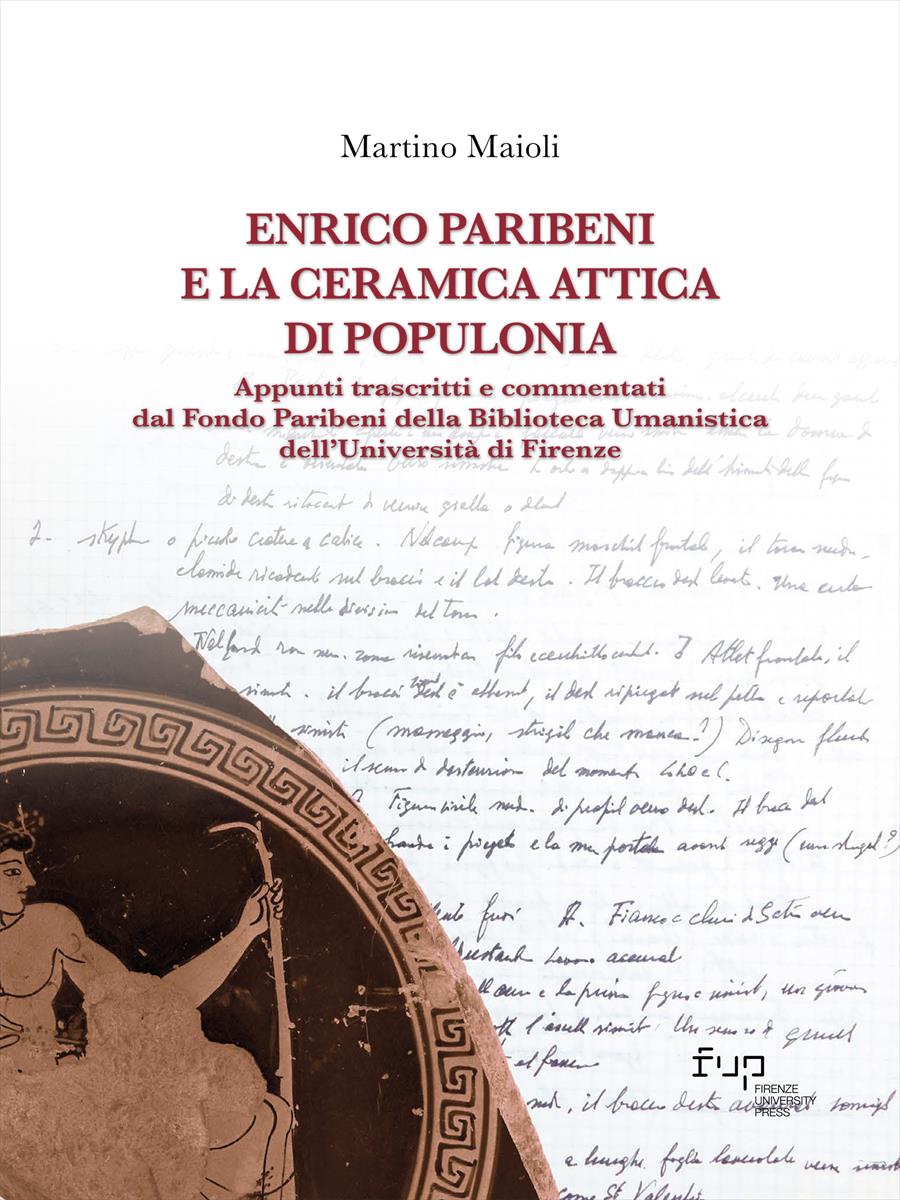Bruges nesso economico tra i popoli romanici e germanici (secoli XIV-XV) / Bruges: The Economic Nexus between Romanic and Germanic Peoples (14th-15th Centuries)
- Federigo Melis,
- Edited by:
- Angela Orlandi,
In this contribution, presented at the Accademia Belgica in Rome in 1967, Federigo Melis tackled a topic that was much discussed in those years, namely the role of Bruges as a national and international marketplace between the 14th and 15th centuries. He presented the Flemish city as a nexus, a link between Northern European and Mediterranean trade, between Romanic and Germanic peoples. From research based on the rich Tuscan archival documentation, Bruges appears to be a meeting point of multiple interests, welcoming merchants of all origins and prepared to play a role in the collection and redistribution of a large number of goods. This role derived mainly from the decline of the Champagne fairs and the opening of regular shipping lines passing through the Strait of Gibraltar.
- Keywords:
- Bruges,
- Federigo Melis,
- International trade,
- Hanseatic merchants,
- 14th-15th Century,
- DOI: 10.36253/979-12-215-0350-0
- Series: Biblioteca di storia
- Scientific Board: Consiglio editoriale FUP
- Language: Italian/English
- Subjects: Economic History
University of Florence, Italy - ORCID: 0000-0001-6593-8954
Angela Orlandi is Professor of Economic History in the Department of Economics and Management at the University of Florence. Her scientific interests include public and private finance, business history and international trade between the Middle Ages and the Modern Age. She is the scientific director of the “F. Datini” Foundation - International Institute of Economic History in Prato.
- Aerts, Erik. 1992a. “La lettre de change sur la place financière de Bruges à la fin du Moyen Age.” In Geert De Clercq (a cura di), À la bourse. Histoire du marché des valeurs en Belgique de 1300 à 1990, 33-47 e 442-44. Paris-Louvain-la-Neuve: Duculot.
- Aerts, Erik. 1992b. “Money and Credit, Bruges as a Financial Centre.” in Valentin Vermeersch (a cura di), Bruges and Europe, 57-71. Antwerp: Fonds Mercator.
- Aerts, Erik. 2003. “Antwerp.” In Joel Mokyr (a cura di), The Oxford Encyclopedia of Economic History, 144-45. Oxford: Oxford University Press, Oxford; ora da integrare con Jim Bolton e Francesco Guidi-Bruscoli, “When did Antwerp Replace Bruges as the Commercial and Financial Centre of North-western Europe? The Evidence of the Borromei Ledger for 1438.” The Economic History Review 61, 2: 360-79.
- Aerts, Erik. 2003. “Long Distance Trade before 1500.” in Joel Mokyr (a cura di), The Oxford Encyclopedia of Economic History, 358-62. Oxford: Oxford University Press.
- Aerts, Erik. 2009. “The Stock Exchange in Medieval and Early Modern Europe. The Origins of a Concept in the Southern Netherlands.” in Frank Daelemans, Anne Kelders (a cura di), Miscellanea in memoriam Pierre Cockshaw (1938-2008). Aspects de la vie culturelle dans les Pays-Bas méridionaux (XIV - XVIIIe siècle). volume I, 23-46. Bruxelles: Archives et Bibliothèques de Belgique.
- Aerts, Erik. 2018. “Raymond de Roover on the Bankers of Mediaeval Bruges.” Annales Mercaturae. Yearbook for the History of International Trade and Commerce 4: 7-29.
- Aerts, Erik. 2020. “Italian presence in the late medieval Bruges stock market.” In Luisa Brunori, Serge Dauchy, Olivier Descamps e Xavier Prévost (a cura di), Le droit face à l’économie sans travail. Finance, investissement et spéculation de l’Antiquité à nos jours. Tomo II: L’approccio internazionale, 169-221. Paris: Classiques Garnier.
- Archivio Luce Cinecittà, “Einaudi e Gronchi alla mostra di Francesco Datini a Prato.” <https://www.youtube.com/watch?v=hD9KW28znbc> (2024-02-14).
- Bellandi, Marco, Nigro, Giampiero, Paci, Andrea e Irene Stolzi. 2024. “I mondi dell’economia, del diritto e delle professioni.” In Firenze e l’Università. Passato, presente e futuro, 383-98. Firenze: Firenze University Press.
- Blockmans, Wim, De Munck, Bert, Stabel, Peter e Bruno Blondé. 2018. “Economic Vitality: Urbanisation, Regional Complementarity and European Interaction.” In Bruno Blondé, Marc Boone, Anne-Laure Van Bruaene (a cura di), City and Society in the Low Countries, 1100-1600, 22-58. Cambridge: Cambridge University Press.
- Bolton, Jim, e Francesco Guidi-Bruscoli. 2021. “‘Your flexible friend’: the bill of exchange in theory and practice in fifteenth century.” The Economic History Review 74, 2: 873-91.
- De Rosa, Luigi. 1976. A Federigo Melis, Università degli Studi di Firenze, Facoltà di Economia e Commercio, Istituto di Storia Economica. Firenze: Officine Grafiche Fratelli Stianti-Sancasciano.
- De Rosa, Luigi. 1985. “Federigo Melis, storico dell’economia.” In Aspetti della vita economica medievale, Atti del Convegno di Studi nel X anniversario della morte di Federigo Melis. Firenze-Pisa-Prato, 10-14 marzo 1984, Università degli Studi di Firenze, Facoltà di Economia e Commercio, Istituto di Storia Economica, 5-12. Università degli studi di Firenze: Firenze.
- Del Treppo, Mario. 1978. “Federigo Melis, storico.” In Studi in memoria di Federigo Melis, volume I, 1-87. Napoli: Giannini.
- Del Treppo, Mario. 1991. “Introduzione.” In Federigo Melis, L’azienda nel Medioevo, a cura di Marco Spallanzani, XI-XXXVI. Firenze: Le Monnier.
- Del Treppo, Mario. 2006. “Federigo Melis (1914-1973).” In La libertà della memoria. Scritti di storiografia, 177-273. Roma: Viella.
- Denewith, Heidi. 2010. “Een demografische knoop ontward? Brugse bevolkingscijfers voor de vroegmoderne tijd.” Handelingen van het Genootschap voor Geschiedenis gesticht onder de benaming “Société d'Émulation” te Brugge, 147, 1: 3-48.
- Istituto Datini, “Il primo periodo: giugno 1940 - aprile 1941.” <http://melis.istitutodatini.it/it/istitutodatini.it/federigo_melis_l_africa_tra_speranze_e_delusioni/primo_periodo#1> (2024-02-14).
- Istituto Datini, “L’Africa tra speranze e delusioni.” <http://melis.istitutodatini.it/it/istitutodatini.it/federigo_melis_l_africa_tra_speranze_e_delusioni> (2024-02-14).
- La lana come materia prima. I fenomeni della sua produzione e circolazione nei secoli XIII-XVII, 1974. Atti a cura di Marco Spallanzani, Istituto Internazionale di Storia Economica “F. Datini” Prato. Firenze: Olschki.
- Lambert, Bart. 2006. The City, the Duke and Their Banker. The Rapondi Family and the Formation of the Burgundian State (1384-1430). Brepols: Turnhout.
- Marchi, R. 1962. “Ha disseppellito gli archivi di Prato e li ha innalzati a importanza internazionale.” Il Giornale del Mattino (12 ottobre).
- Melis, Federigo. 1950. Storia della Ragioneria. Bologna: Zuffi.
- Melis, Federigo. 1962. Aspetti della vita economica Medievale. Studi nell’Archivio Datini. Firenze: Olschki.
- Melis, Federigo. 1972. Documenti per la storia economica dei secoli XIII-XVI, con una nota di Paleografia Commerciale a cura di Elena Cecchi. Firenze: Olschki.
- Melis, Federigo. 1975. “Sulle fonti tipiche della storia economica; per una particolare tecnica di lavoro dello storico (relativamente ai secoli XII-XVII).” Rassegna Economica XXXIX, 2: 307-32.
- Munro, John H. 1999. “The Low Countries’ Export Trade in Textiles with the Mediterranean Basin, 1200-1600: A Cost-Benefit Analysis of Comparative Advantages in Overland and Maritime Trade Routes.” International Journal of Maritime History 11, 2: 1-30.
- Munro, John H. 2001. “The ‘New Institutional Economics’ and the Changing Fortunes of Fairs in Medieval and Early Modern Europe: the Textile Trades, Warfare, and Transaction Costs.” Vierteljahrschrift für Sozial- und Wirtschaftsgeschichte 88, 1: 3-26; anche in S. Cavaciocchi (a cura di), Fiere e Mercati nella integrazione delle economie europee secc. XIII-XVIII, 406-49 (Istituto Internazionale di Storia Economica F. Datini Prato. Serie II - Atti delle «Settimane di Studi» e altri Convegni, 32). Prato: Le Monnier.
- Murray, James. 2005. Bruges, Cradle of Capitalism, 1280-1390. Cambridge: Cambridge University Press.
- Nigro, Giampiero. 2011. “L’Istituto Datini e la storia economica (secc. XIII-XVIII).” in Dove va la Storia Economica? Metodi e prospettive. Secc. XIII-XVIII. Where Is Economic History Going? Methods And Prospects from the 13th to the 18th Centuries, Atti della XLII Settimana di Studi Prato, 18-22 aprile 2010, Fondazione Istituto di Storia Economica “F. Datini”, 3-12. Firenze: Firenze University Press.
- Orlandi, Angela. 2016. “Fernand Braudel, l’Istituto Datini e Prato 1954-1985.” <https://www.istitutodatini.it/cms/fr/prodotto/angela-orlandi-fernand-braudel-listituto-datini-e-prato-1954-1985/> (2024-02-14).
- Orlandi, Angela. 2018. “Storia di imprese e imprenditori.” In Irene Sanesi, Buona ventura. Lezioni italiane di storia economica per imprenditori del futuro. Bologna: Il Mulino.
- Personé, L.M. 1984. “Federigo Melis.” In «Gente di penna e di pennello»: testimonianze e ricordi, 188. Milazzo: SPES.
- Sapori, Armando. 1946. Mondo finito. Roma: Leonardo.
- Sapori, Armando. 1952. “Economia e morale alla fine del Trecento: Francesco di Marco Datini e ser Lapo Mazzei.” Studi Senesi LXIV; 1955. Studi di storia economica, secoli XIII-XIV-XV, volume I, 155-79. Firenze: Sansoni.
- Stabel, Peter, Puttevils, Jeroen, Dumolyn, Jan e Andrew Brown. 2018a. “Production, Markets and Socio-economic Structures I: c. 1100-c. 1320.” In Andrew Brown, Jeroen Dumolyn (a cura di), Medieval Bruges c. 850-1550, 86-123. Cambridge: Cambridge University Press.
- Stabel, Peter, Puttevils, Jeroen, Dumolyn, Jan e Andrew Brown. 2018b. “Production, Markets and Socio-economic Structures II: c. 1320-c. 1500.” In Andrew Brown, Jeroen Dumolyn (a cura di), Medieval Bruges c. 850-1550, 196-267. Cambridge: Cambridge University Press.
- Publication Year: 2024
- Pages: 80
- eISBN: 979-12-215-0350-0
- Content License: CC BY 4.0
- © 2024 Author(s)
- Publication Year: 2024
- Pages: 80
- ISBN: 979-12-215-0349-4
- Content License: CC BY 4.0
- © 2024 Author(s)
Bibliographic Information
Book Title
Bruges nesso economico tra i popoli romanici e germanici (secoli XIV-XV) / Bruges: The Economic Nexus between Romanic and Germanic Peoples (14th-15th Centuries)
Editors
Angela Orlandi
Authors
Federigo Melis
Peer Reviewed
Number of Pages
80
Publication Year
2024
Copyright Information
© 2024 Author(s)
Content License
Metadata License
Publisher Name
Firenze University Press
DOI
10.36253/979-12-215-0350-0
ISBN Print
979-12-215-0349-4
eISBN (pdf)
979-12-215-0350-0
eISBN (epub)
979-12-215-0351-7
Series Title
Biblioteca di storia
Series ISSN
2464-9007
Series E-ISSN
2704-5986

